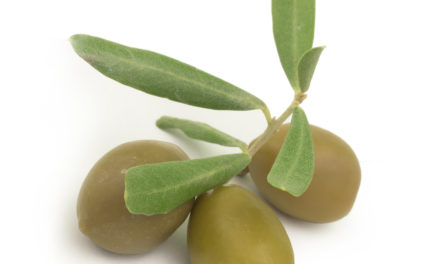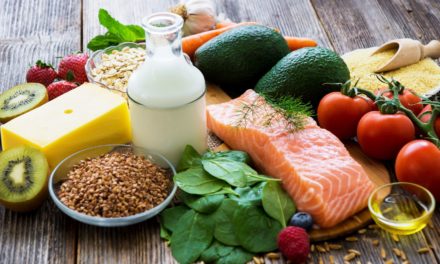Polyphenols are micronutrients that are obtained from plants. They are rich in antioxidants and research has demonstrated many health benefits to be gotten from consuming polyphenols. They are produced by the plant to protect itself from ultraviolet radiation, the oxidative stress of photosynthesis, and from pathogens. More than 8,000 polyphenolic compounds have been identified in various plant species. Studies have shown that diets rich in plant polyphenols may help protect from cancer (Am J Clin Nutr. 2005 Jan;81(1 Suppl):317S‐325S), cardiovascular disease (J Med Food. 2005 Fall;8(3):281‐90), diabetes (J Physiol Pharmacol. 2001 Sep;52(3):483‐8) and neurodegenerative diseases (Neurology. 2007 Sep 11;69(11):1084‐930). Studies (Annu Rev Nutr. 2001;21:381‐406) have shown polyphenols to inhibit tumorigenesis. Green tea polyphenols have been shown to be anticarcinogenic (Cancer Lett. 2008 Oct 8;269(2):269‐80). Quercetin has been shown to be cancer preventative in animal studies (Biol Pharm Bull. 2007 Dec;30(12):2268‐73). Numerous studies report the antidiabetic effects of polyphenols. Tea catechins have been investigated for their anti‐diabetic potential. (Clin Exp Pharmacol Physiol. 2005 Jan‐Feb;32(1‐2):70‐5; Clin Exp Pharmacol Physiol. 2001 Sep;28(9):776‐8). Quercetin has anti‐diabetic activity. Saponins additionally delay the transfer of glucose from the stomach to the small intestine (Br J Nutr. 2008 May;99 E Suppl 1:ES109‐17). There may be implications for weight loss as well.
Another study (Food Funct. 2018 Feb 21;9(2):1079‐1087) linked oolong tea polyphenols specifically to preventing obesity. Giving the polyphenols created a decrease in the Firmicutes/Bacteroidetes ratio.
Polyphenols may affect the microbiome in a way that assists in weight loss. Animal studies have shown that resveratrol diabetic nephropathy (Br J Nutr. 2008 May;99 E Suppl 1:ES109‐17.) Resveratrol also helps reduce insulin resistance (Cell Cycle. 2008 Apr 15;7(8):1020‐35. Epub 2008 Feb 15; Nature. 2007 Nov 29;450(7170):712‐6.) Polyphenols are anti‐aging, possibly because of their antioxidant and anti‐inflammatory activity (Am J Clin Nutr. 1998 Nov;68(5):1081‐7; Ann N Y Acad Sci. 2007 Apr;1100:373‐82).
Because polyphenols are highly antioxidative in nature, their consumption may provide protection in neurological diseases. They positively affect cognition (Am J Epidemiol. 2007 Jun 15;165(12):1364‐71). The Mediterranean diet, high in polyphenols, has shown to be protective against Alzheimer’s disease (Neurology. 2007 Sep 11;69(11):1084‐93.). Polyphenols, in general, protect against Alzheimer’s disease (Neurochem Res. 2008 Dec;33(12):2390‐400; Neurochem Res. 2008 Dec;33(12):2416‐26). Polyphenols are also protective against Parkinson’s disease (Neurochem Res. 2008 Dec;33(12):2416‐26; ) Polyphenols are very protective of the intestinal lining and are beneficial to patients with inflammatory bowel disease (Food Funct. 2015 Jun;6(6):1773‐86; Inflammopharmacology. 2018 Apr;26(2):319‐330). Some studies have shown polyphenols to help alter the gut microbiome in a way that improves health (Curr Nutr Rep. 2019 Jun 3; Nutrients. 2019 Mar 8;11(3). pii: E578; Sci Rep. 2019 Mar 6;9(1):3671).






